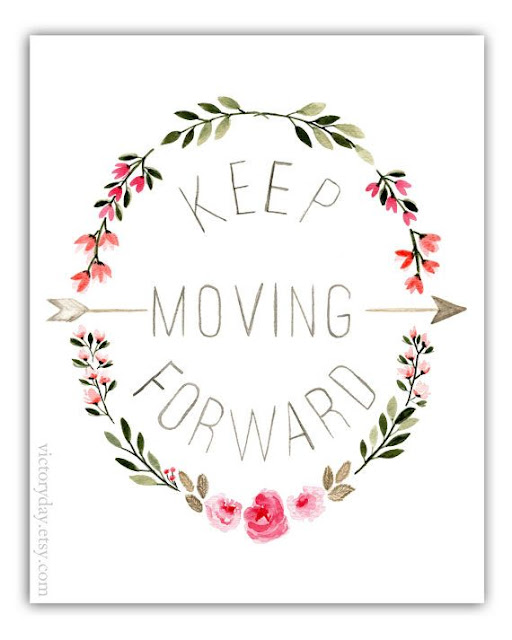AUDITION/PRE-PERFOMANCE JITTERS (Part 2) - FOUR COMBAT TIPS

No matter how much we train or how professional we are, we are all human. Sometimes, we go into a performance or audition calm and confident, but sometimes something happens and you may feel tightly wound. Maybe you work yourself up, because you really want a part on a big network TV show or studio film, in a commercial that could take you to exotic places and most likely fill your bank account, or a chance to perform with an admired theatre or director. Or maybe, it's not the role or project that creates the stress, but something personal: you're not feeling well, you just received bad news, someone just got mad at you, someone told you your art was silly and a waste of time and that you probably won't even get the part anyway, your kids were crying, holding onto your leg, and chasing you down the driveway.... Despite the stressors, it is important to learn techniques to release your tension and refocus. Sometimes - easier said than done.
Here are some techniques or guides recently suggested to me.
 |
| Photo credit: Huffington Post |
1. MEDITATE: Meditation is a cessation of the thought process. It is when your mind is free of competing thoughts and activities and is conscious of only one thing. When you meditate, the goal is to free the mind of agitation, to feel peaceful, calm, and serene. For more information, check out:
A Meditation Guide/Beginner
How to Start Meditating/Beginner
How to Meditate/Int-Adv.
What is Meditation?
Meditation Apps (Also checkout PAUSE app)
2. Breathe: Having a relaxed and controlled breathing pattern can send a message to the brain to calm itself/emotions, reduce the level of stress hormone, and to decrease blood pressure and blood flow. Simple awareness of breath and patterns can reduce worries and anxiety, improve focus and attention, increase energy, positivity and enthusiasm, boost the immune system and might even reduce aging. (Have you ever notices how much older you look when you are stressed out)?
There are many ways to breathe.
a. As slow as you can, inhale and exhale. Count to 10 and start over and over until you feel more calm.
b. Try the "brownie/bubble" approach. Smell the brownies, blow the bubbles.
c. Explore yoga based "pranayama" techniques. Prana relates to the universal life force andyama means to lengthen or regulate.
d. Breathe in for seven seconds, hold your breath for seven seconds, breathe out for seven seconds.
c. Inhale four counts, hold four counts, exhale four counts, hold four counts, repeat.


3. Pray: Much like meditation, research has shown prayer to have a positive effect on our well being by reducing stress, anxiety, depression, overwhelming emotions, blood pressure etc. Prayer allows you to have quiet time alone, or if you choose, surrounded by the support of others. It provides an opportunity to calmly think, reflect, observe your spiritual leader's messages, give thanks, and to give/release your burdens to a higher being or rejoice in your blessings.


4. Essential Oils: Recently, we have seen a resurgence in essential oil popularity. Did you know essential oils have been used since ancient Egyptian times? Essential oils have been used to treat dermatological issues, anxiety, aches and several other health related issues. When you choose to use calming essential oils to help relax your nerves, the scent is inhaled and as molecules enter the nasal cavity, they stimulate and engage a response in the limbic system of the brain. Like meditation, breathing, and prayer, they can aid in regulating stress, hormones, heart rate, blood pressure, and breathing.
For more tips, check out AUDITION/PRE-PERFORMANCE JITTERS (Part 1).
Thank you to K. Lidell, N. Demos, A. Briscoe-Eagle, S. Smith, F. Douglas, H. Carmona Noak, J. Penrod, A. Hellmund, S. Mussiet, T. Coatney, J. Lindsay, D. Blackburn, & B. Cay for your input.



Comments
Post a Comment